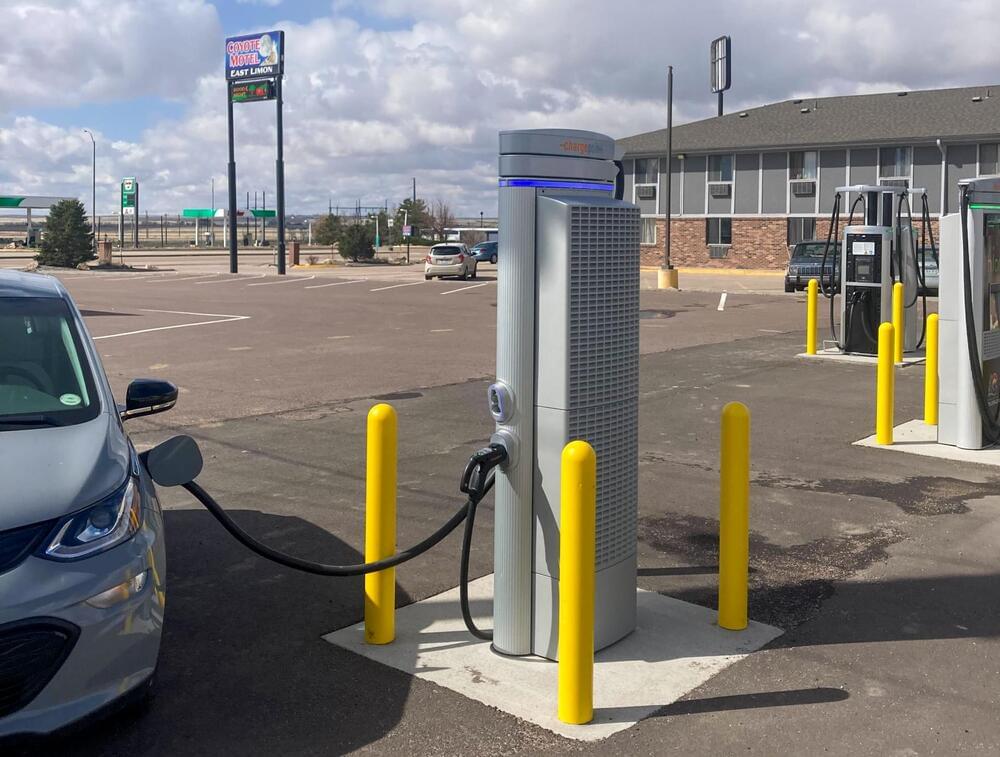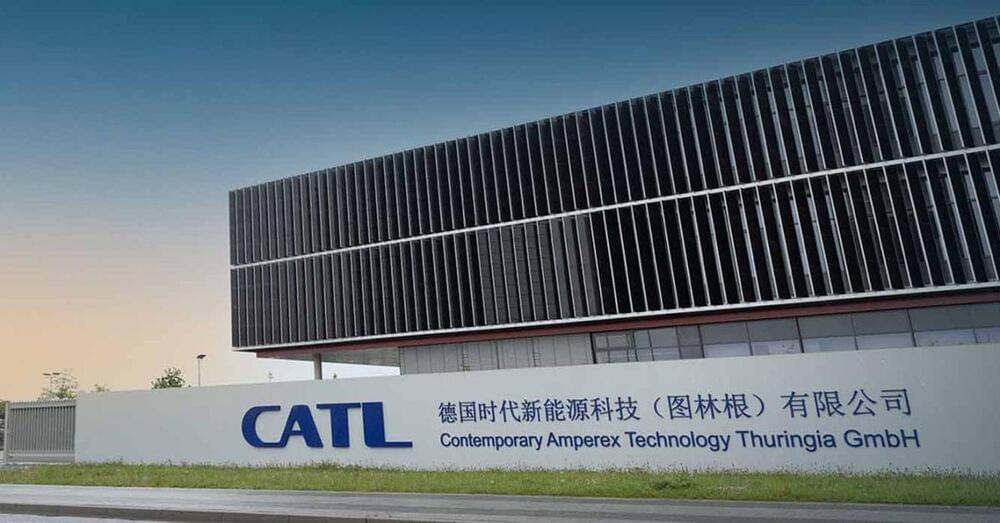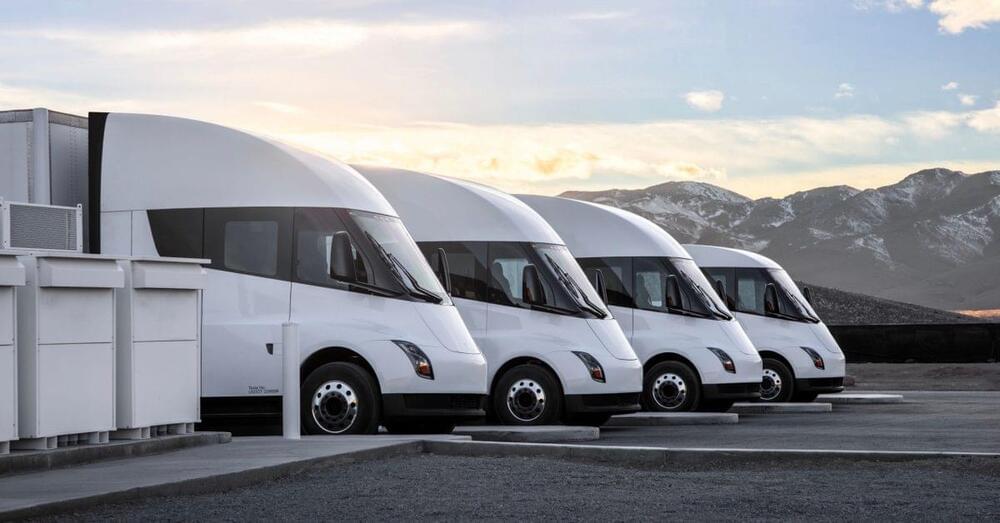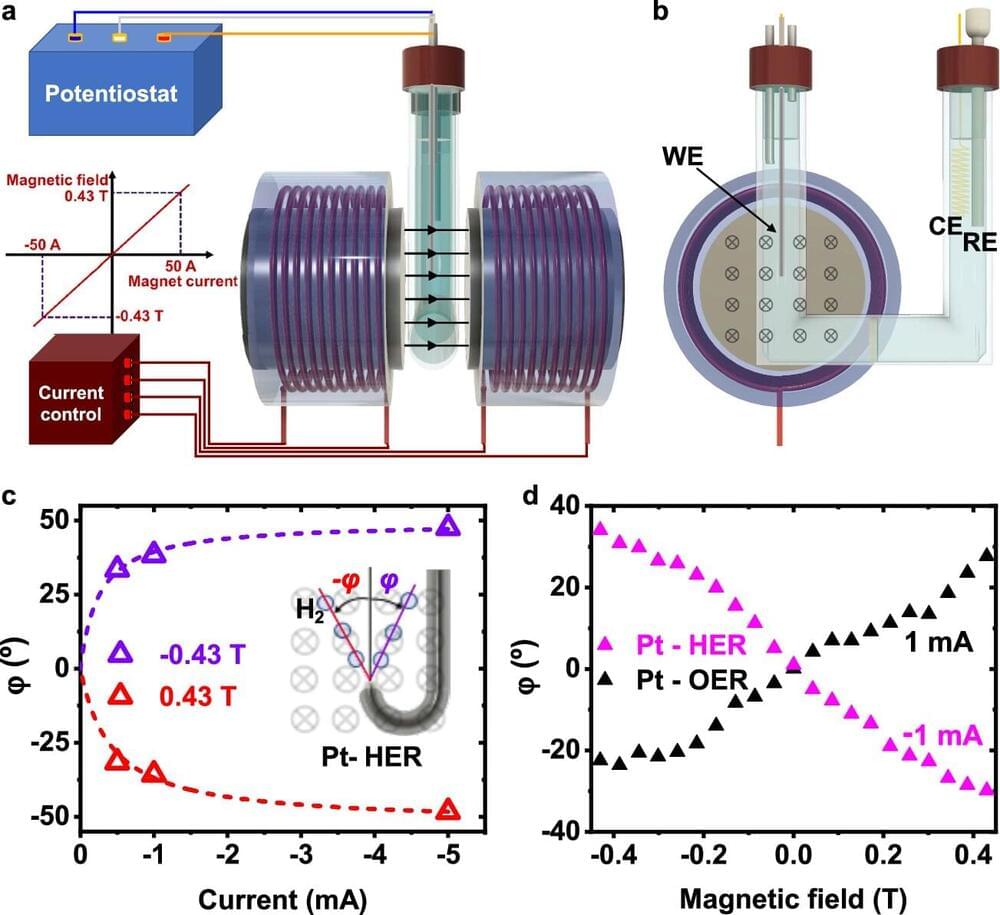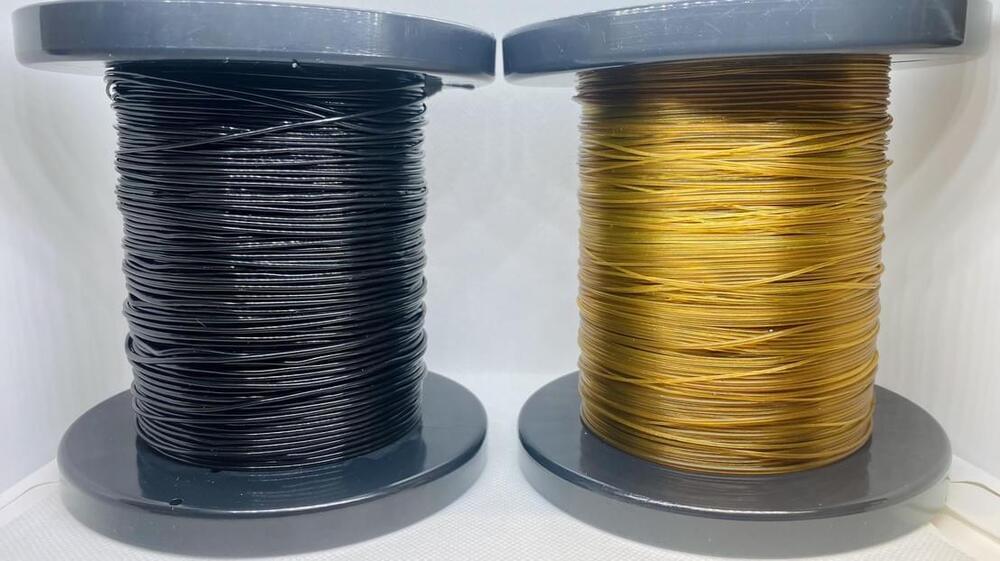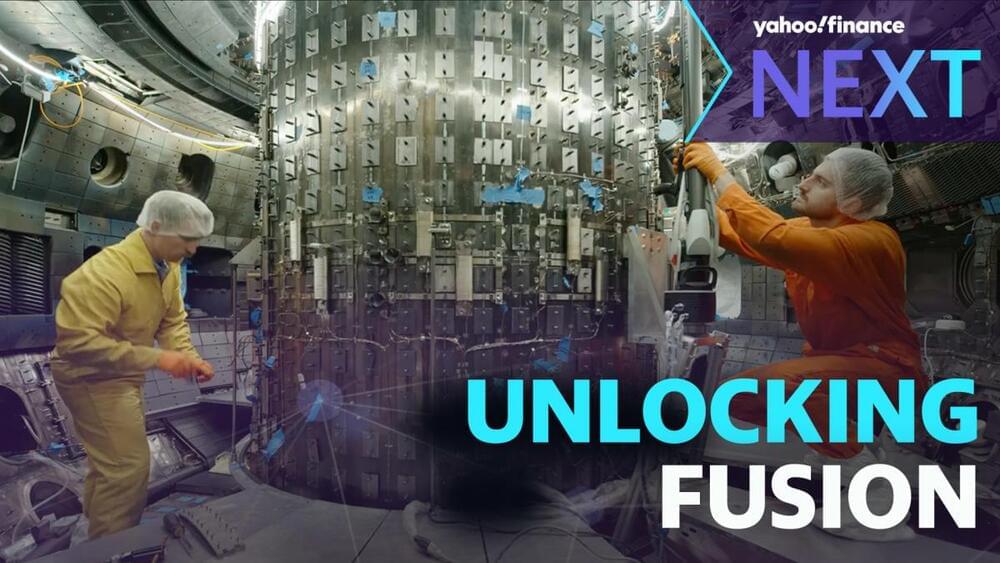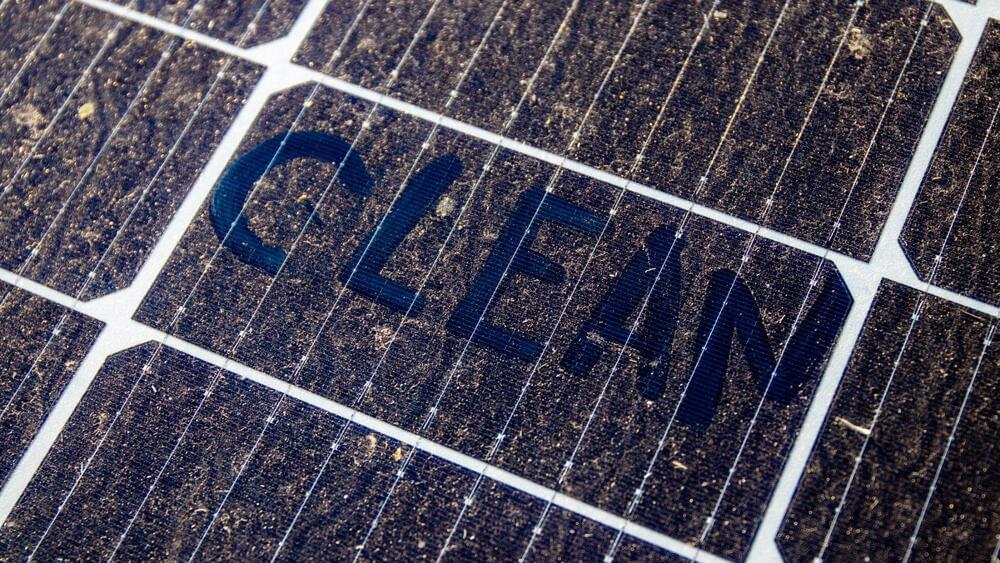The upcoming entry-level Mercedes-Benz EV dubbed the “one-liter car” for its long-range capabilities, was finally caught out in the wild. In a new video, the electric Mercedes CLA was spotted testing near the Arctic Circle. The new EV is Mercedes-Benz’s answer to the Tesla Model 3.
Mercedes unveiled the electric CLA Concept in September, the first model in a new series of entry-level EVs.
The EV is expected to feature over 466 miles (750 km) driving range based on Mercedes’ next-gen MMA platform. Nicknamed the “one-liter car,” the electric CLA concept has an energy consumption of around 5.2 mi/kWh (12 kWh/ 100 km).
